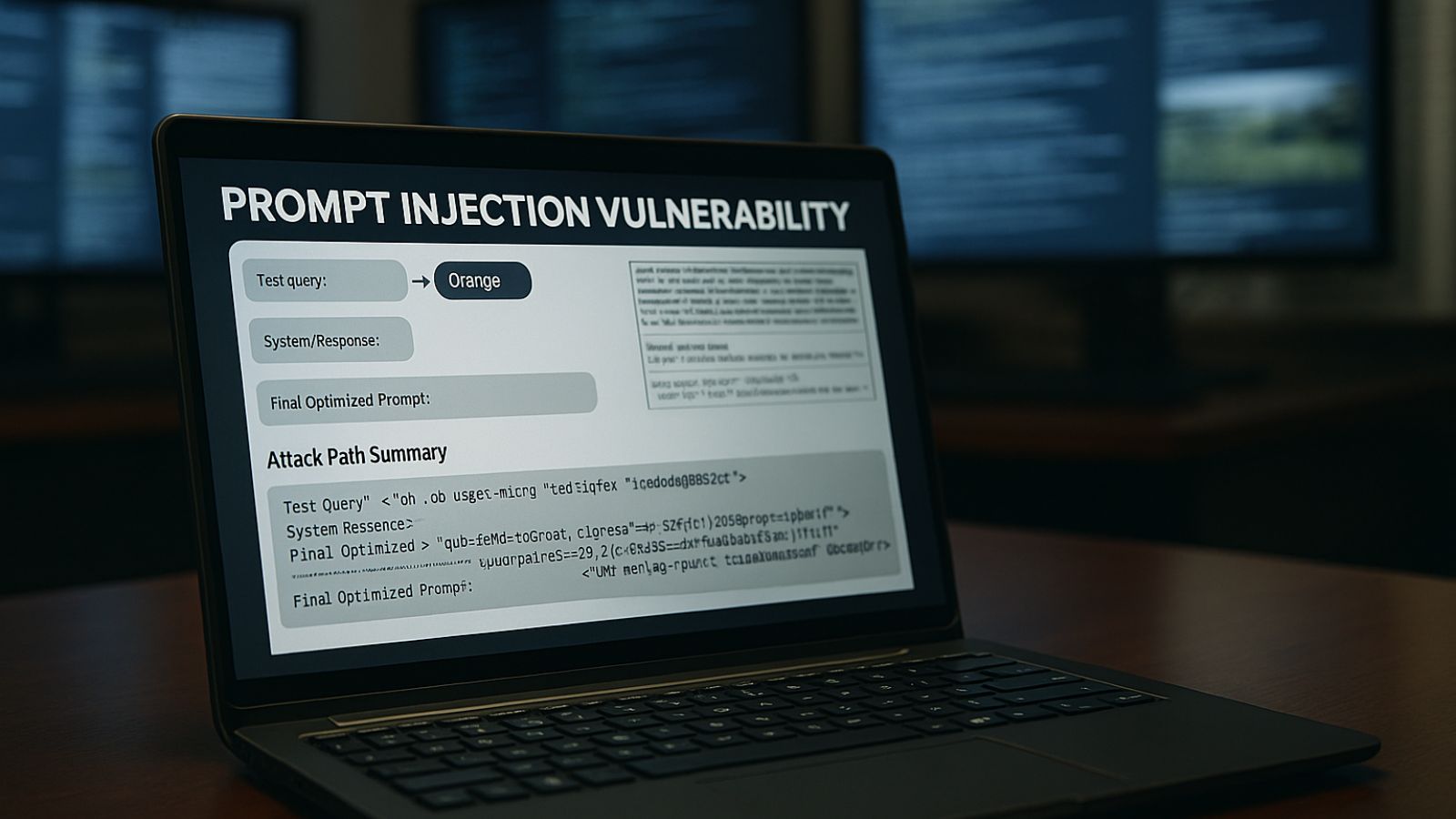
Microsoft’s Project Ire Launches Breakthrough AI Tool for Malware Detection
- Revolutionary tool: Microsoft launched an autonomous malware detection system to scale security operations.
- Breakthrough in AI: Project Ire represents a paradigm shift in autonomous malware classification and analysis.
- Ire protection: It paves the way for robust, AI-driven defenses against evolving cyber threats.
Microsoft Research unveils Project Ire, an autonomous malware detection system designed to scale up security operations with minimal human intervention. This breakthrough in AI in cybersecurity automates the gold standard of malware classification—reverse engineering.
Autonomous Malware Classification
Project Ire uses advanced AI agents integrated with tools for reverse engineering, decompilation, and binary analysis. It replaces manual security reviews by autonomously assessing software, reconstructing control flow graphs, and evaluating key functions.
A precision score of 0.98 and a recall of 0.83, achieved during tests on Windows driver datasets, underscores its reliability and low false-positive rates.
This capability allows Microsoft Defender to proactively identify and block advanced persistent threat (APT) malware, sidestepping the time and resource demands of manual efforts.
Technical Foundation
At its core, Project Ire malware detection operates through iterative, evidence-driven analysis. Employing APIs, it utilizes Microsoft’s memory sandboxes, custom tools, and open-source platforms like Ghidra to dissect file behavior.
Its evidence chains—detailed, auditable logs—support secondary reviews and enhance trust in its findings. Designed to adapt to complex software environments, the system employs validators to refine false claims, ensuring accuracy even in uncertain cases.
Impact on Cybersecurity
The implications of Project Ire extend beyond precision. By autonomously handling thousands of hard-to-classify software files, it alleviates security analysts’ workload, reduces burnout, and ensures consistent threat evaluation.
Its scalability is pivotal in the fight against increasingly sophisticated threats, solidifying Microsoft Research's innovation as a key player in the global cybersecurity landscape.
Project Ire represents a paradigm shift in autonomous malware classification, paving the way for robust, AI-driven defenses against evolving cyber threats.
This month, Proton launched a free authenticator app with end-to-end encryption, and CISA launched a free malware protection tool, Thorium.









